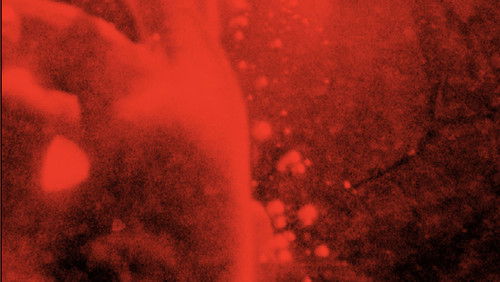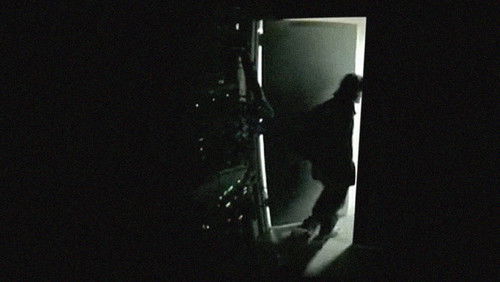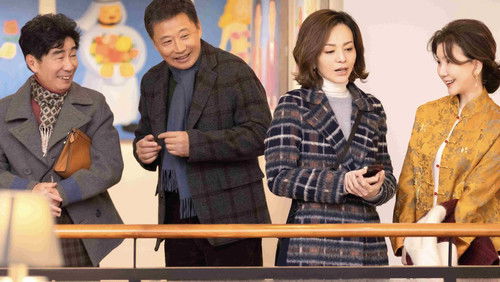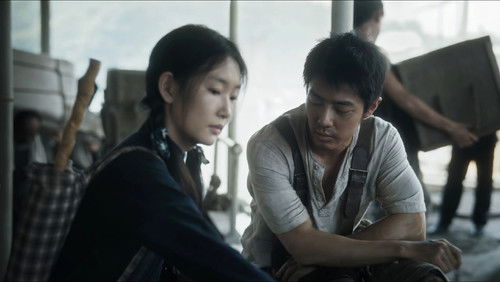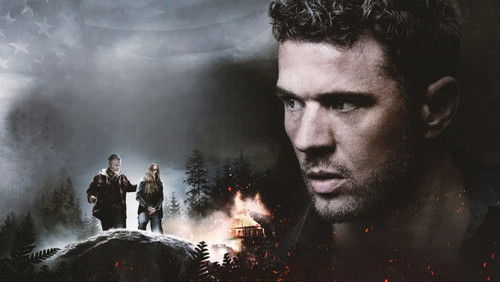Geu-hu (2017)
35KGeu-hu: Directed by Sang-soo Hong. With Yunhee Cho, Ki Joabang, Taeu Kang, Sae-byeok Kim. The married Bongwan leaves home in the dark morning and sets off to work. The memories of the woman who left weigh down on him. That day Bongwan’s wife finds a love note, bursts into the office, and mistakes Areum for the woman who left.
“Areum has just been hired by the publisher Kim Bongwan. She replaces the bossu0026#39;s resigning secretary (and mistress!). This morning, well before dawn, Areum leaves the marital home to join her new office. On the way, she canu0026#39;t stop thinking about the woman who left. On the spot, she sets to work. At the same time, Haejoo, Kimu0026#39;s wife, finds a love letter that he had left lying around in one of his pockets. Exploding with rage, she goes to the office. Taking Areum for the accomplice of her unfaithful husband, she slaps her in the face…u003cbr/u003eu003cbr/u003eOne likes or dislikes Sang-soo Hong as one likes or dislikes Eric Rohmer. But if one is sensitive to the charm of a u0026quot;conversation pieceu0026quot; type of cinema, one will appreciate this philosophical fable, delicately hidden under the attractive trappings of a pure marivaudage. Ironic evocation of the indecision in love, serious reflection on honesty and hypocrisy, unvarnished denunciation of male cowardice, many themes of the Korean director are gathered here. But Sang-soo Hong, closer to Marivaux than Bossuet, approaches these austere subjects with a lightness that is both caustic and good-natured. And it is well-known that smiles help moral and reflection go down. As for the direction itself, u0026quot;The Day Afteru0026quot; bears the indelible signature of its author, namely these long sequence shots where the protagonists talk and talk, laugh and laugh and drink soju by hectoliters. Such a technique gives once again Hongu0026#39;s favorite actors the opportunity to shine (the beautiful Kim Min-Hee and the cowardly Hae-hyo Kwon here getting the best part of the cake). However, there is no question of the Korean master resting on his laurels; on his agenda is also the exploration of new territories, such as the use of black and white as well as some interesting research on the dilation and retraction of time. u0026quot;The Day Afteru0026quot;, an unprecedented example of pure style and joyful skepticism, is to be recommended … to those who are not allergic to this kind of cinema.”

